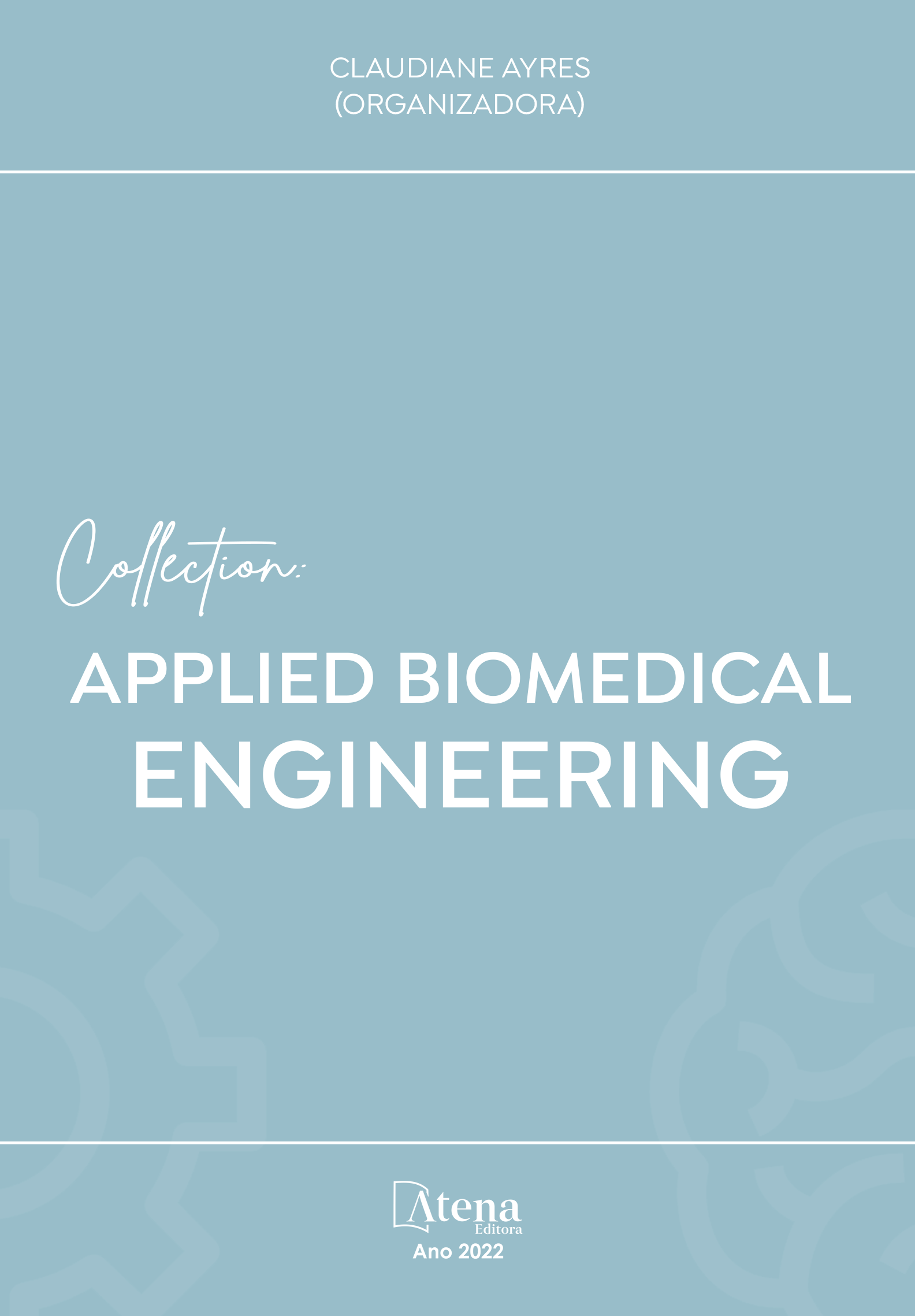
MONITORAÇÃO NÃO INVASIVA DA PRESSÃO INTRACRANIANA EM DOENÇAS CARDIOVASCULARES
Introdução: A pressão intracraniana (PIC) resulta da somatória dos volumes dos conteúdos cranianos. Acredita-se que as doenças cardiovasculares (DCVs) possam desencadear alterações metabólicas que levam ao aumento da volemia ou a edema cerebral, e isto, consequentemente, pode acarretar em modificações na PIC. As DCVs afetam grande parcela da população mundial e apesar dos avanços em relação ao tratamento clínico e farmacológico dessas doenças, a cirurgia cardíaca é a intervenção frequentemente, mais utilizada, porém, pacientes submetidos a tais procedimentos geralmente apresentam complicações cardiopulmonares. Portanto, a PIC pode ser um importante parâmetro a ser avaliado em pacientes com DCV, bem como, em pacientes submetidos a cirurgias para o tratamento destas doenças, uma vez que as flutuações da PIC são determinadas por parâmetros respiratórios e cardíacos. Objetivo: Monitorar a PIC de pacientes no pré e pós-operatórios de cirurgias cardíacas e identificar possíveis relações da PIC com a função cardiovascular. Método: Foram avaliados a PIC de forma não invasiva de 54 pacientes no pré e pós-operatório de cirurgia cardíaca. Resultados: No pré- operatório 27 pacientes apresentaram morfologia alterada do traçado de PIC e valores de P2/P1 maiores que 1,0, indicando alteração da complacência cerebral, e consequentemente da PIC. No pós-operatório, 16 apresentaram melhora em relação à morfologia de traçados de PIC e da P2/P1 no pós- operatório, obtendo valores abaixo de 0,9; indicando normalidade. Conclusão: Alterações do sistema cardiovascular podem alterar a complacência cerebral e, consequentemente a PIC dos indivíduos acometidos, portanto, torna-se importante a recomendação da aferição da PIC em pacientes cardiopatas.
MONITORAÇÃO NÃO INVASIVA DA PRESSÃO INTRACRANIANA EM DOENÇAS CARDIOVASCULARES
-
DOI: 10.22533/at.ed.8962206044
-
Palavras-chave: Cirurgia torácica; pressão intracraniana; doença cardiovascular.
-
Keywords: Thoracic surgery; intracranial pressure; cardiovascular disease
-
Abstract:
Introduction: Intracranial pressure (ICP) results from the summation of cranial contents volumes. It is believed that cardiovascular diseases can trigger metabolic alterations that lead to increased blood volume or cerebral edema, and this, consequently, can lead to modifications in ICP. Cardiovascular diseases affect a large part of the world population, and despite advances in clinical and pharmacological treatment of these diseases, cardiac surgery is the most frequently used intervention, but patients submitted to such procedures usually present cardiopulmonary complications. Therefore, ICP may be an important parameter to be evaluated in patients with cardiovascular disease, as well as in patients undergoing surgeries for the treatment of these pathologies, since ICP fluctuations are determined by respiratory and cardiac parameters. Objective: To monitor the ICP of patients in the pre and postoperative of cardiac surgeries and to identify possible relations of ICP with cardiovascular function. Method: A noninvasive ICP of 54 patients was evaluated before and after heart surgery. Results: In the preoperative period, 27 patients presented altered morphology of the ICP tracing and P2 / P1 values greater than 1.0, indicating a change in cerebral compliance, and consequently of ICP. In the postoperative period, 16 presented an improvement in the morphology of ICP and P2 / P1 tracings in the postoperative period, reaching values below 0.9; indicating normality. Conclusion: Alterations of the cardiovascular system can alter the cerebral compliance and, consequently, the ICP of the affected individuals, therefore, it is important to recommend the measurement of ICP in patients with heart disease, regardless of surgical indication.
-
Número de páginas: 13
- José Carlos Rebuglio Vellosa
- Gustavo Henrique Frigieri Vilela
- Danielle Cristyne Kalva Borato
- Cristiane Rickli Barbosa
- Claudiane Ayres


